Troya interview
Troya were a German progressive rock band that formed in 1971 and self-released their debut Point of Eruption in 1976.
“No one wanted to become a rockstar.”
Where and when did you grow up? Was music a big part of your family life?
Elmar Wegmann: I was born in 1955 in a town named Werne. I grew up in a miners settlement and nobody in my family played an instrument or was involved or even interested in music. We all hated the music of our parents (later they hated our music, our haircut and our clothing). But it was the time when a completely new music came up and new feeling of freedom. Yes, I am talking about the Beatles. When I later heard Deep Purple with Blackmore I was sure: I want to play in a band.
When did you begin playing music? What was your first instrument? Who were your major influences?
I started playing guitar at the age of 15/16. My first guitar was a very cheap copy of a Gibson Les Paul. I took gold paint and wrote the Gibson logo on the headstock so that everyone from the distance thought I play a Les Paul. My heroes of the 70s and 80s were Ritchie Blackmore, Johnny Winter and Gary Moore (and they still are).
What bands were you a member of prior to the formation of Troya?
Günther Güttler, Wilhelm Weischer, Klaus Pannewig and I started a band called ‘Drastic’. We were friends and visited the Realschule in Werne. A year later Günther left the band and we replaced the second guitar by a keyboard played by Peter Savelsberg. Peter had a classical piano education. A new sound was born and also a new name. Troya.
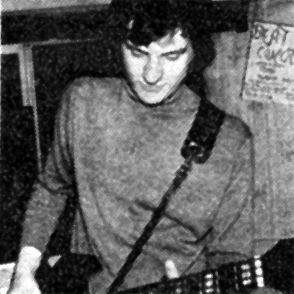
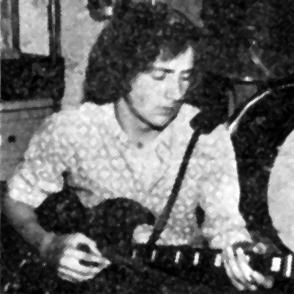
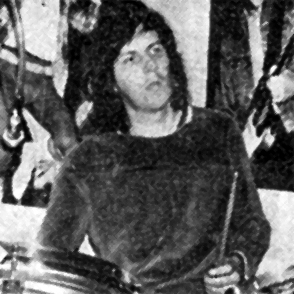
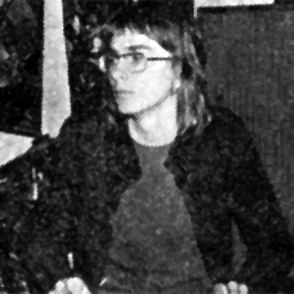
Can you elaborate the formation of Troya?
We started writing our own songs and we became quite famous in the Werne area. All songs were created in sessions in the rehearsal room. Though Troya never played beyond 25 gigs, those performances were well attended with usually several hundred people. At open air festivals we played alongside Guru Guru, Franz K and Wallenstein.
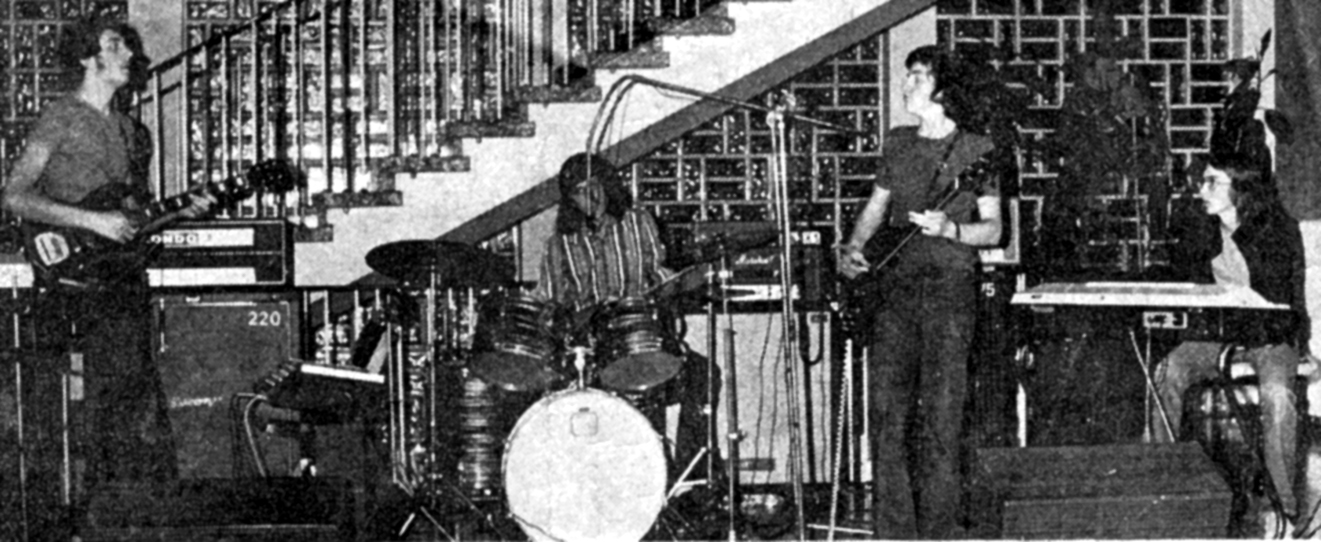
What sort of venues did Troya play early on? Where were they located?
Our first gig was in the Auditorium of the Realschule in Werne. Later we played in youth homes an open airs between Münster and Dortmund.
How did you decide to use the name “Troya”?
I can’t remember how we decided on the name Troya. But I know there’s no message behind the name. It sounds good and that’s it.
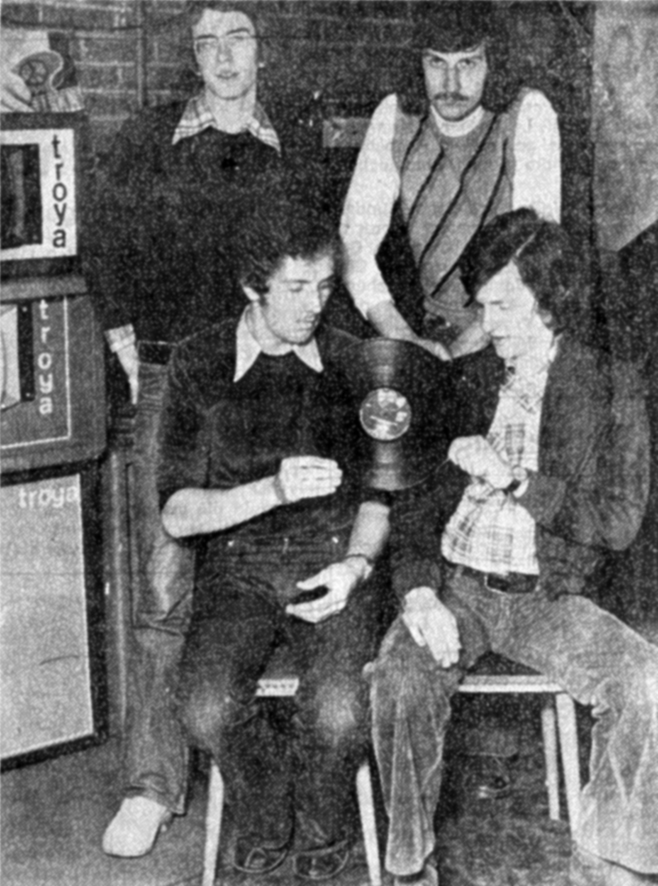
What influenced the band’s sound?
We all loved the same music but I think the main influence was Peter with his classical education. We used a Mellotron – a brand new sound in the 70s/80s. We got the feeling like we are playing with complete Orchestra.
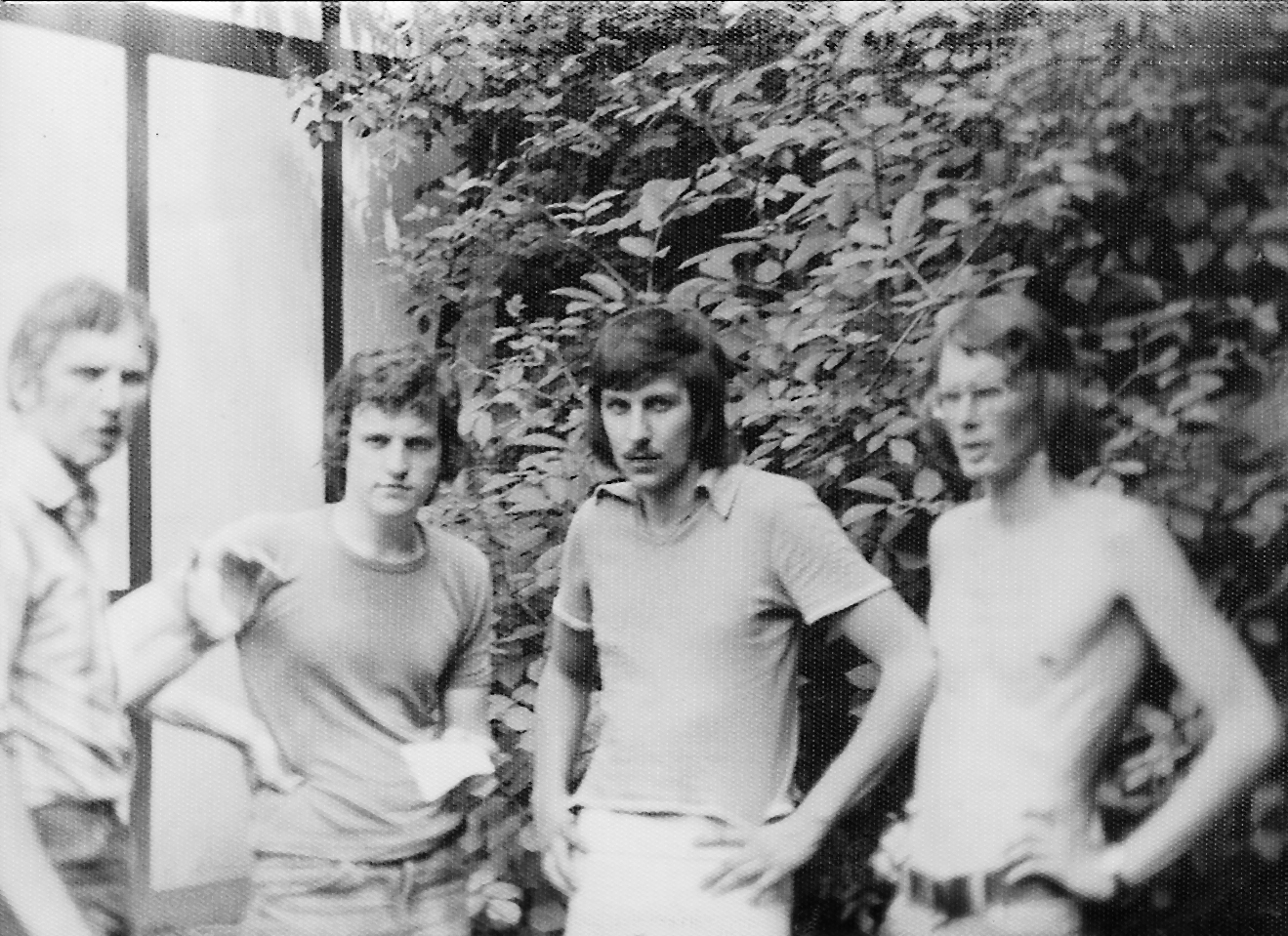
How did you release your debut? Was it a private press? How many copies were pressed?
In spring 1976 we recorded six of our songs at Udo Preisings Förderturm Records in Dortmund. Our repertoire was larger but we wanted to keep the costs down. We only spent a few hours in the studio and payed 500 Marks. We ordered the pressing of 200 LPs which were eventually released on June, 5th, 1976. No company and no dealers were involved. We only sold the LPs after a gig for 10 Marks or gave it to friends. We were not very happy with the quality of the recording but we couldn’t expect any better for this low budget. When every member started working we had no more time to practice. That was the end of Troya.
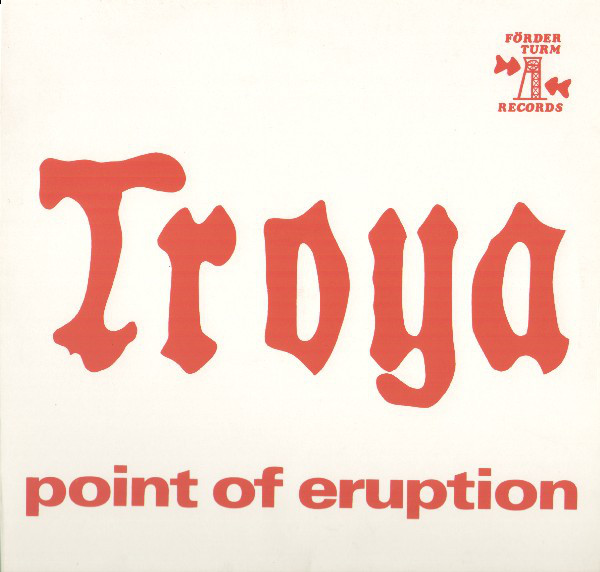
On the cover was my phone number and decades later I got calls from all over the world. Not only from Europe, but also from Japan and the USA. They all wanted to know if someone of the band still owns LPs or if there is any unreleased material. There is no unreleased material and every member owns only one LP.
Is any member still involved with the music?
Wilhelm Weischer and Peter Savelsberg never played in a band again. Klaus Pannewig played in several bands up to 2013.
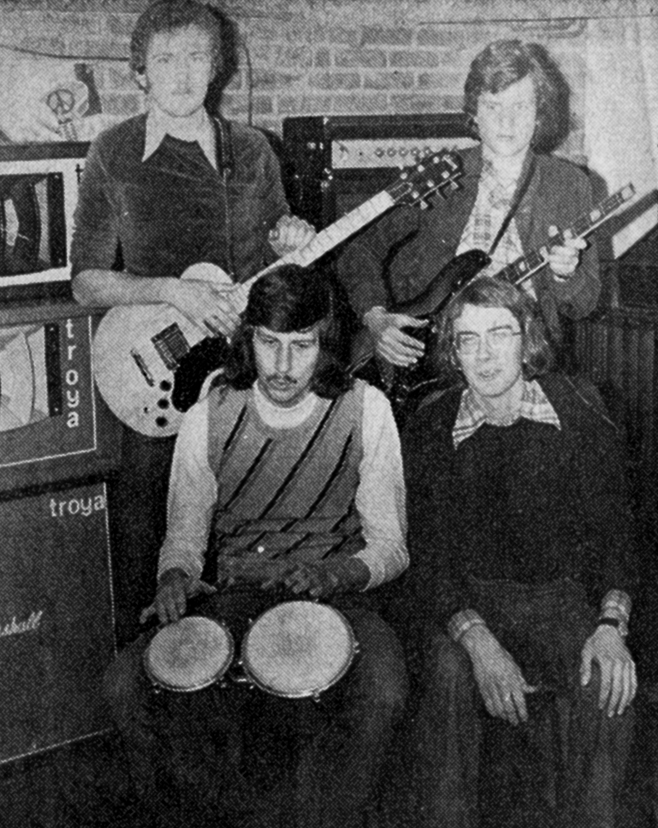
Looking back, what was the highlight of your time in the band? Which songs are you most proud of? Where and when was your most memorable gig?
The gigs with Wallenstein, Guru Guru are unforgettable but we could not use our lightshow. And the lightshow was really great. There was a big canvas behind us and many projectors were used. We also used pyro technology.The lightshow was operated by Bettina Achtzehn and she really did a great job…So I decided to merry her and we are still together.
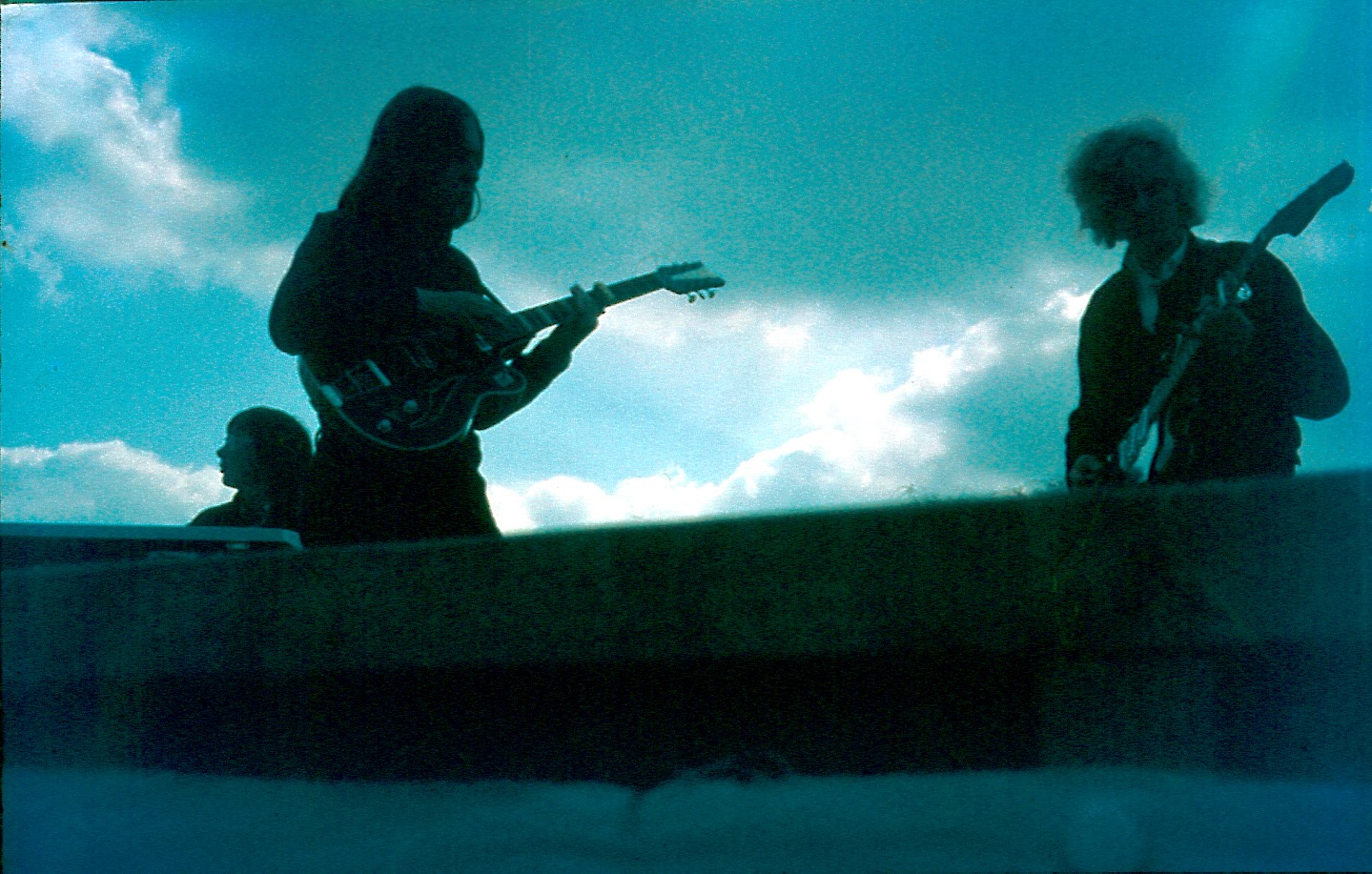
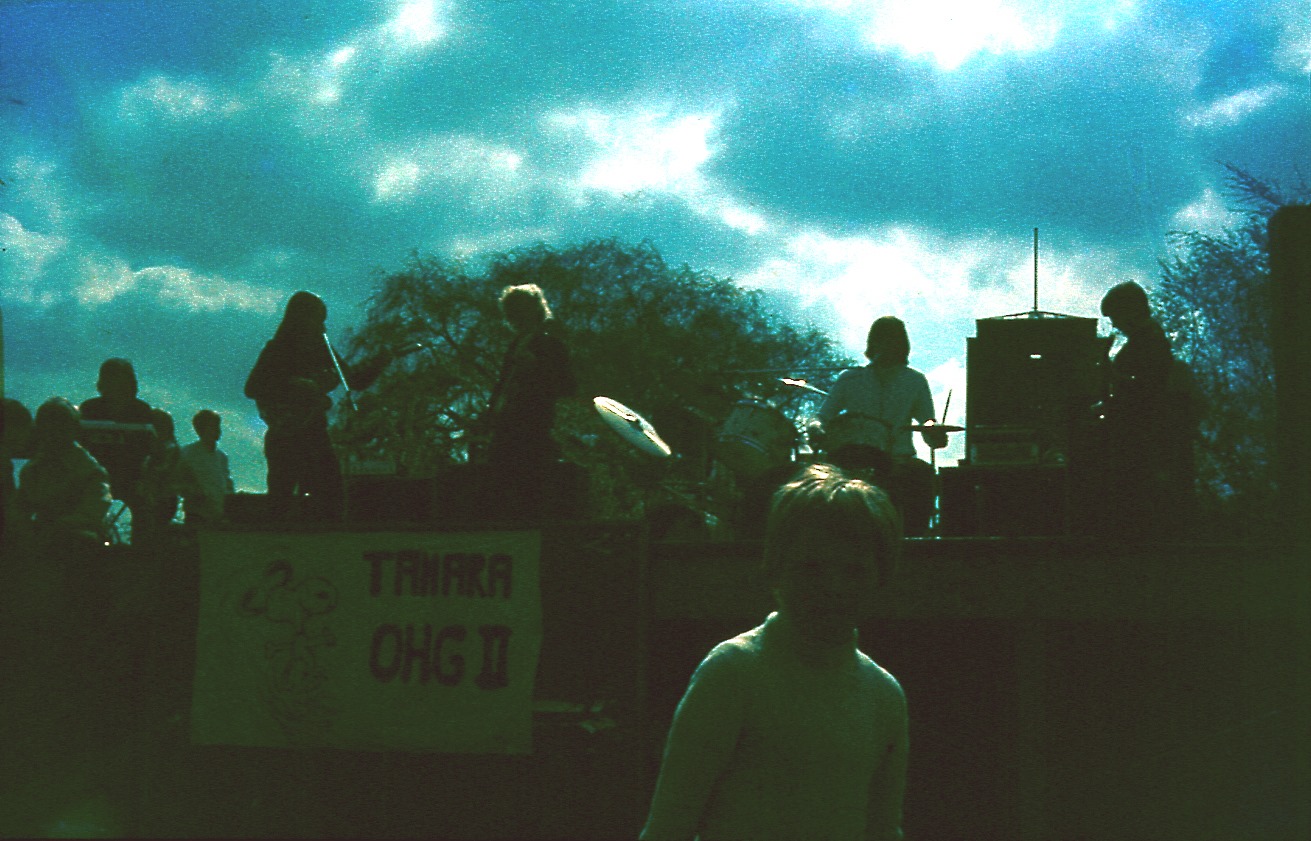
What currently occupies your life?
After a 15 years brake I started again in 1995 and I also played in several bands. The last one with Klaus together up to 2013. In 2013 I decided only to work in a studio and do my own instrumental music (YouTube channel). In January 2020 I started a new band project and we all waiting for the and of the Corona lockdown.
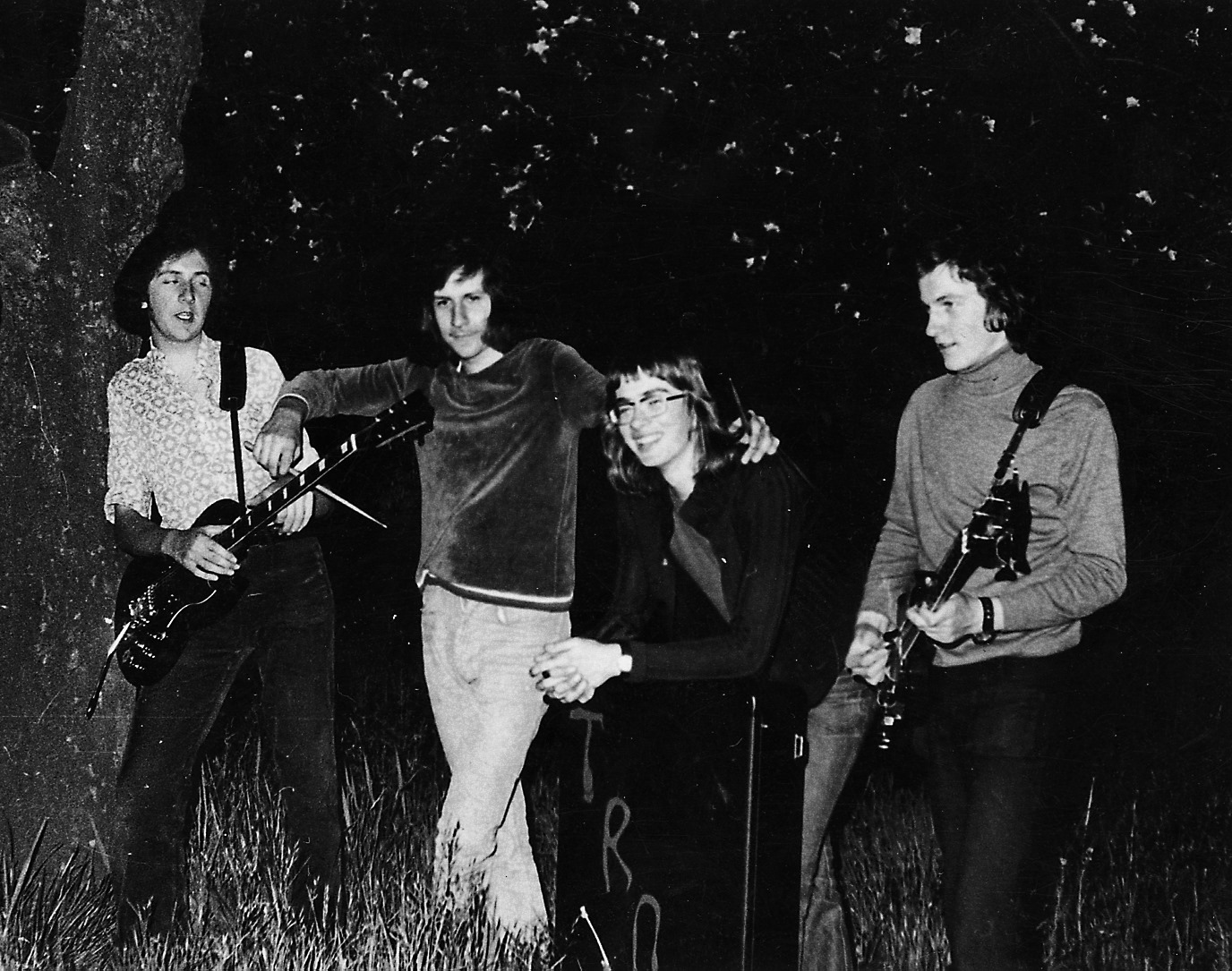
Thank you for taking your time. Last word is yours.
Last famous words: We were four guys and liked to make music. No one wanted to become a rockstar. Other guys consumed drugs and our drug was the music.
– Klemen Breznikar
Special thanks to Walter | Garden of Delights Records



